
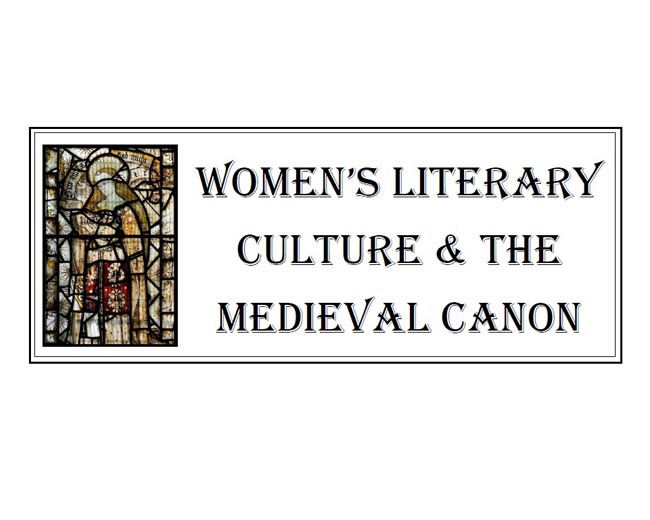
An International Network Funded by the Leverhulme Trust

Updates and insights from the war against plastic in seven developing nations
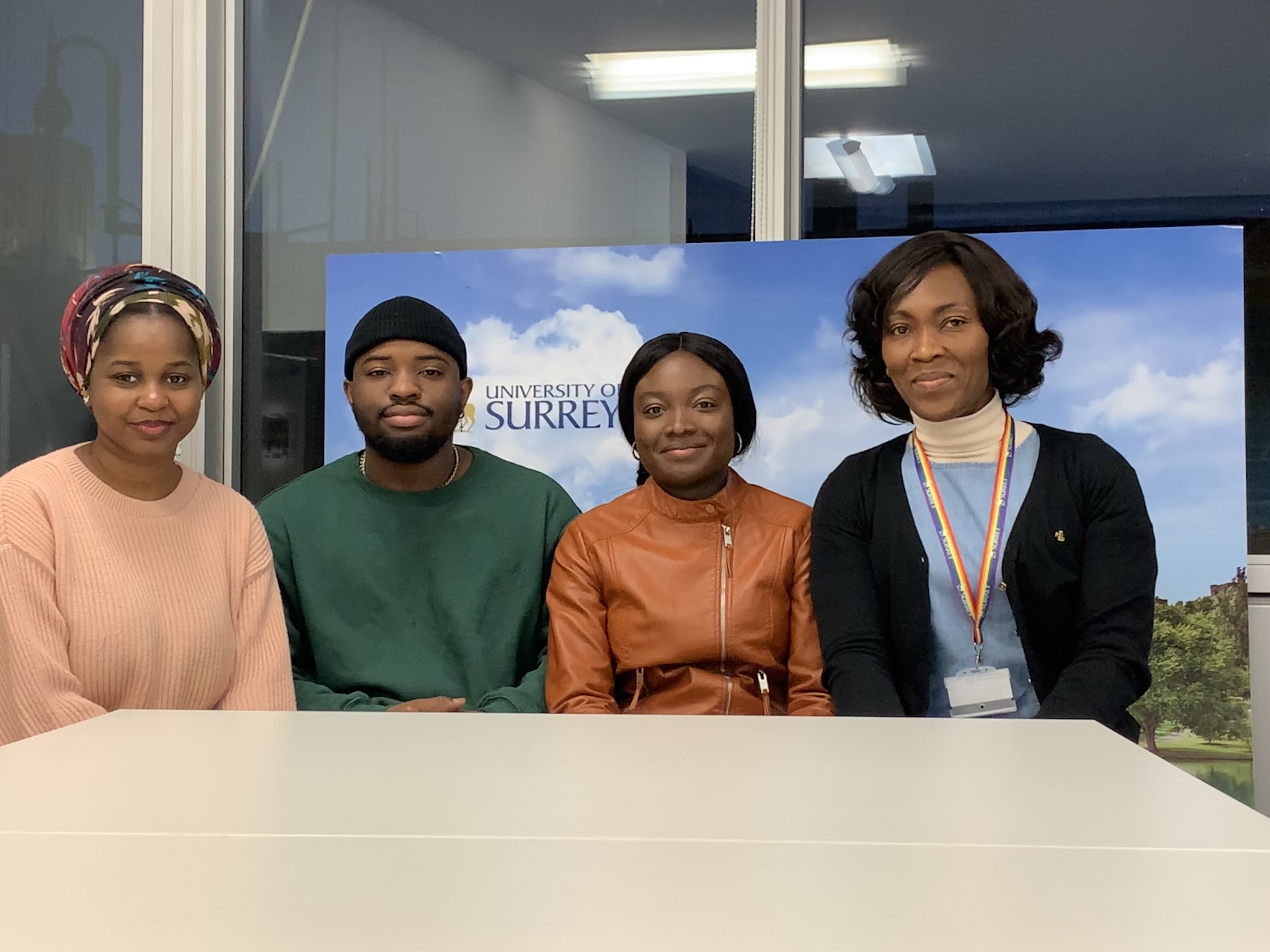
This blog covers the highs and lows of living life as a Nigerian student at the University of Surrey!
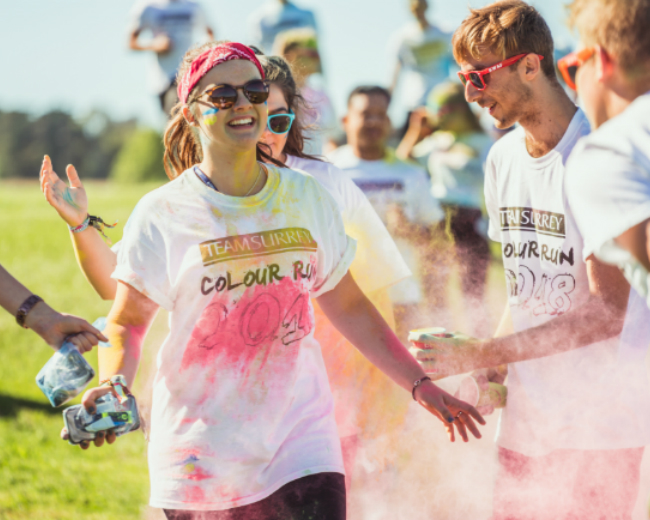
Current students share their thoughts on planning for university, student life and what it’s like to study at the University of Surrey.
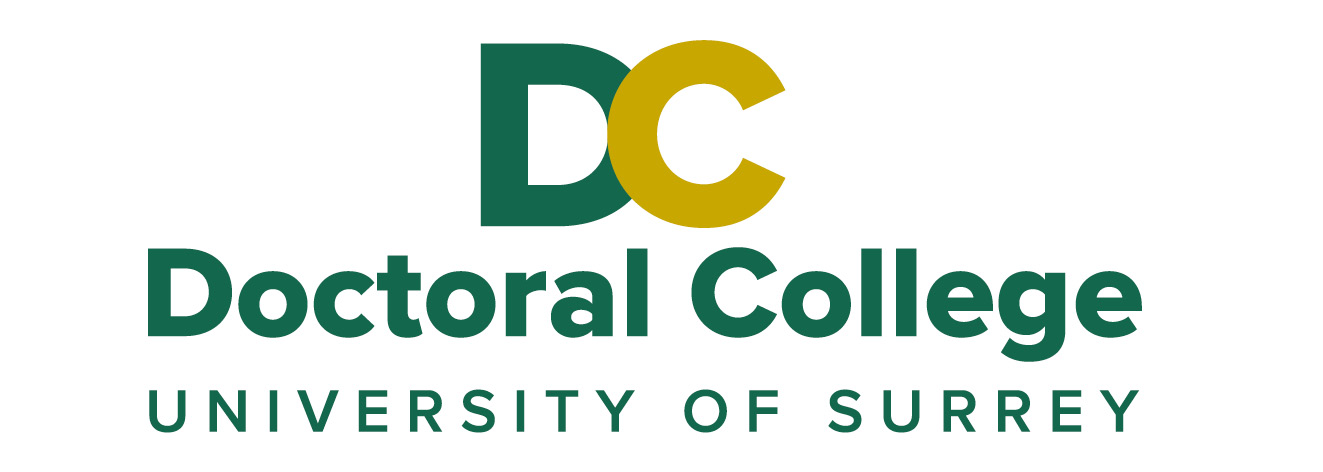
The latest news and updates from the postgraduate research (PGR) and early career researcher (ECR) community at the University of Surrey

Discover more about what it's like to be a postgraduate student at Surrey.
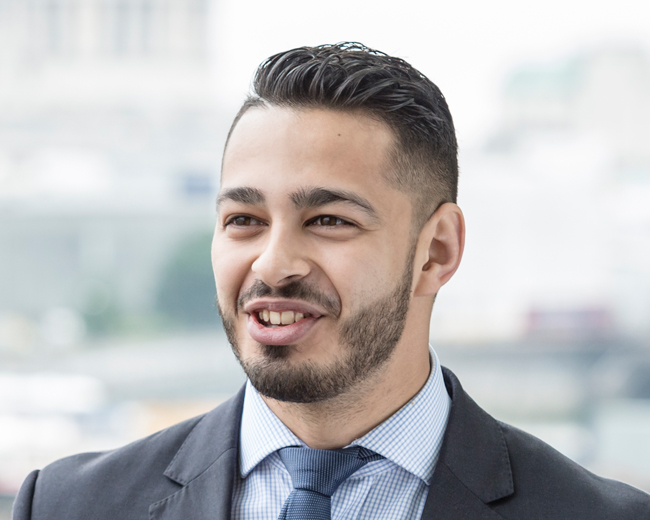
Follow our current students through their Professional Training placements.
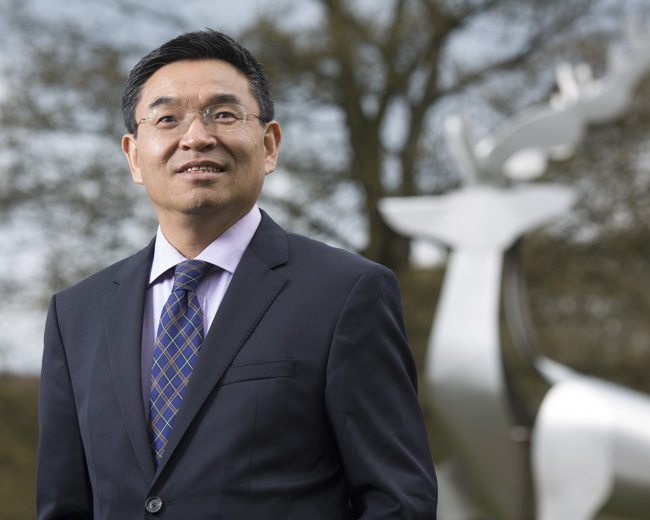
Updates from the VC’s Office about the work and activities of the President and Vice-Chancellor of the University of Surrey.

Support, encouragement and skills development for enterprising students
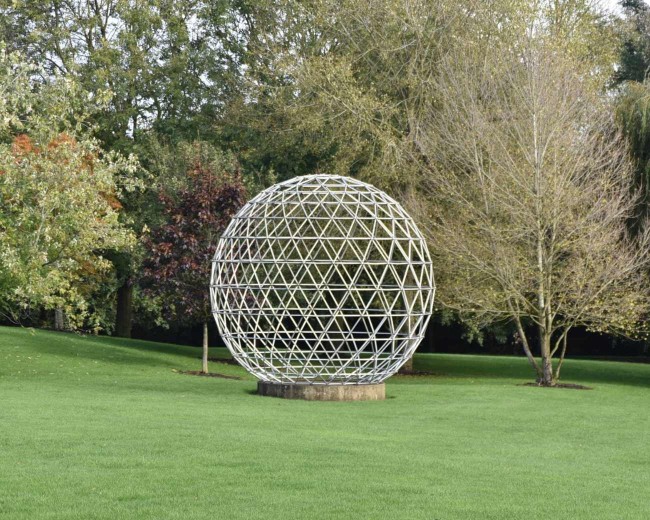
Where members of our Executive Board and staff share their opinions on the latest issues.
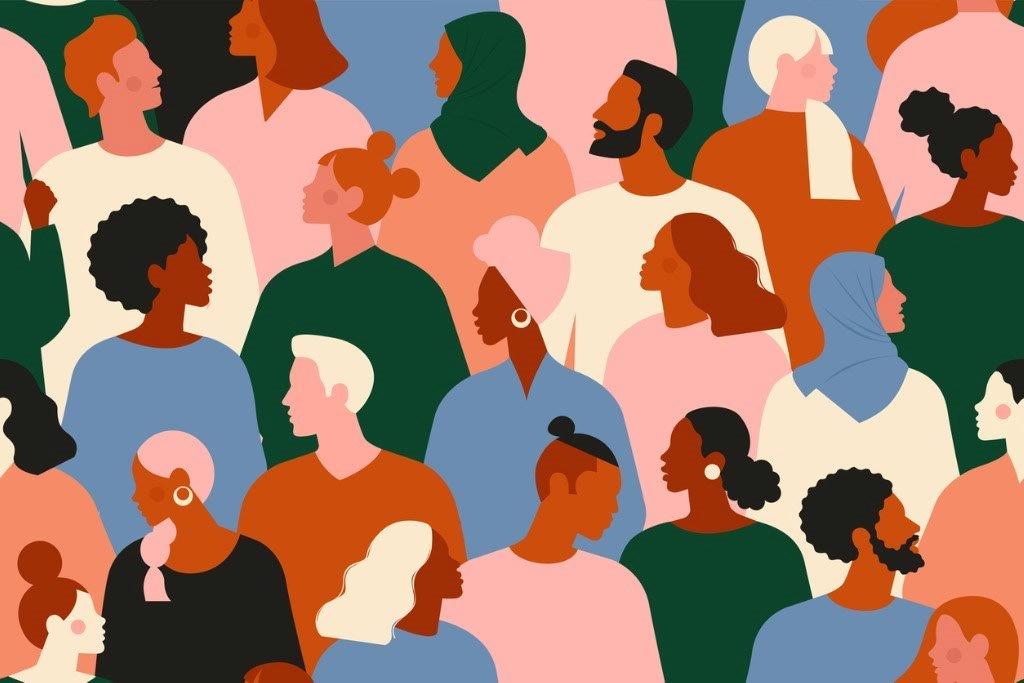
Staff and trainees share their thoughts, projects, resources, and publications on increasing inclusivity and representation within clinical psychology training and practice

The blog of the Centre for Environment and Sustainability at the University of Surrey.

Members of the CoGDeV lab share their research findings, research experiences, news and events summaries.
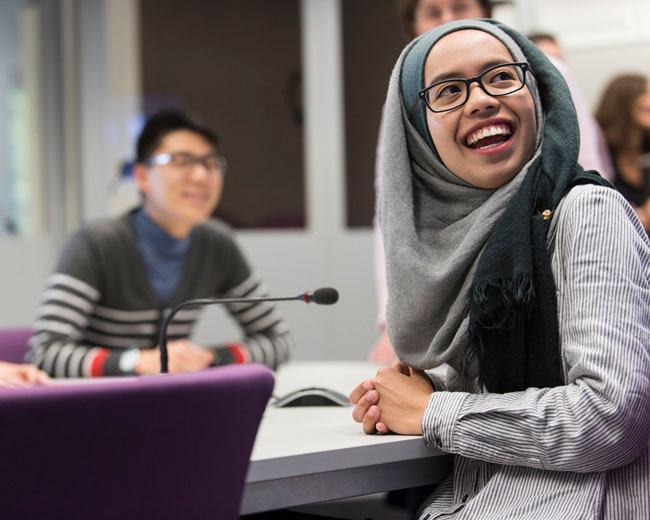
Sharing staff, student and alumni perspectives and understanding of racism, and their process of learning and unlearning in moving towards an anti-racist society
Latest Post